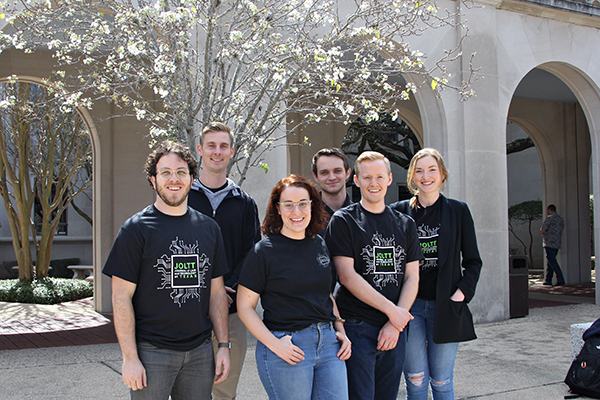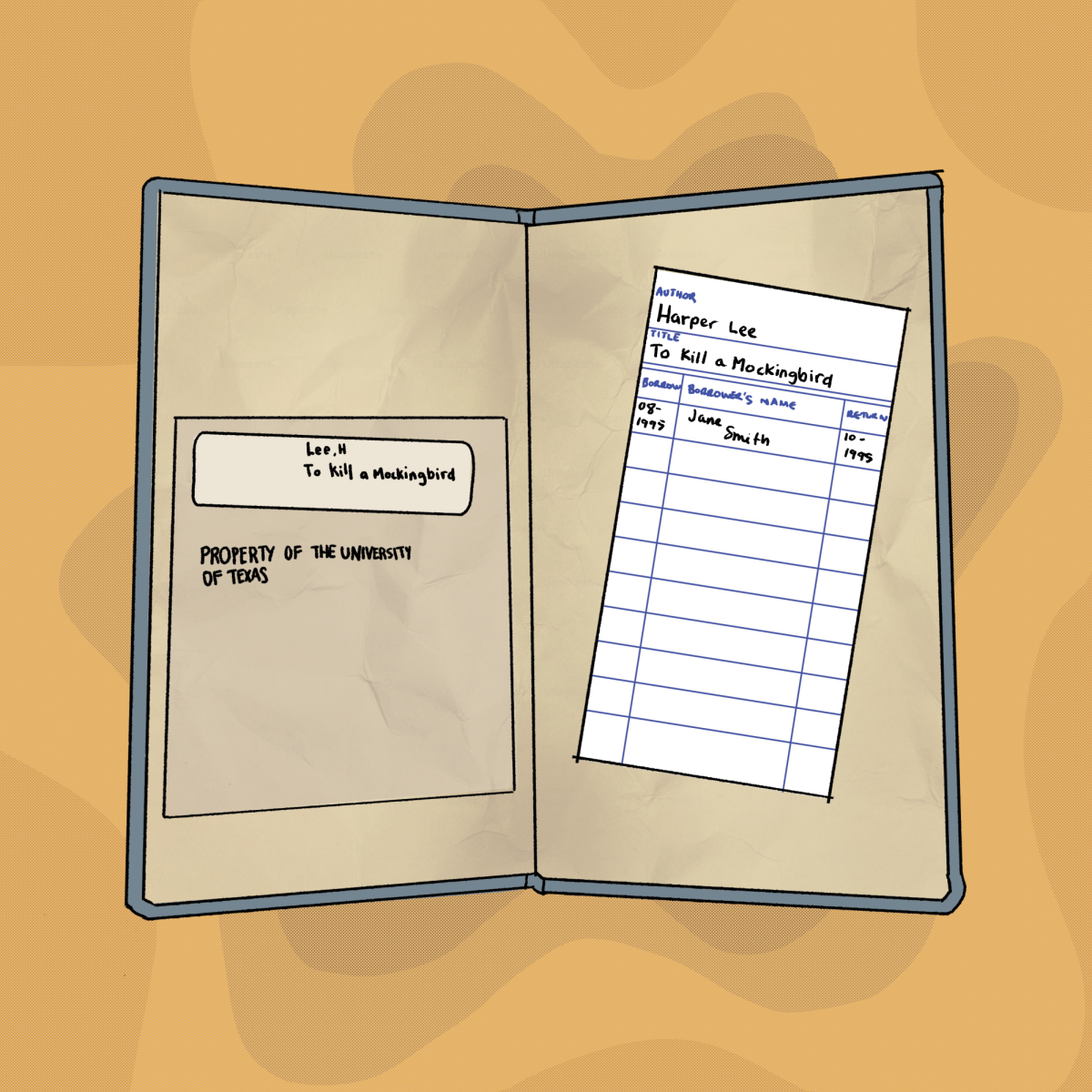Austin has become an attractive hub for technology and startup companies. Yet, when attorney Alex Shahrestani came to UT School of Law in 2015, he said he was surprised to find technology law was not a buzzing area of discussion.
“I saw that there was a thriving startup scene in Austin, which would be perfect for learning about technology law,” Shahrestani said. “I ended up attending UT law, but when I got there, no one knew anything about technology law.”
In the past, the field of technology law focused on intellectual property, but with rapidly advancing technology, it has now expanded to include issues such as cybercrime, cybersecurity, privacy and even self-driving cars.
Shahrestani said he couldn’t find any resources at UT related to technology law, so he decided to create his own. This led to the beginning of the Journal of Law and Technology at Texas, a student-run journal and organization focused on issues relating to the intersection of technology and law.
“(The journal) is focused on antitrust, privacy, data-sharing and computer trespass, and there is no other journal here on campus that covers those issues,” said Daniel Rankin, third year law student and assistant editor-in-chief.
Rankin said the journal has created a community of students who are interested in those issues and otherwise wouldn’t have had an organization or journal to join.
The journal began with eight people. Now, in its third year, it has expanded to include about 30 people, and is expecting to add more, said Grace Bowers, second year law student who will serve as the editor-in-chief next year.
“I think (technology) is going to touch the future of everyone in the legal profession,” Bowers said. “This is a really exciting time to be in law school. We’re in this educational spot where we can be informed and be the leaders in whatever communities we end up going to.”
In addition to its publication, the journal hosts speaker events, symposiums and trivia nights. This year, the journal hosted a panel of women in technology law, Bowers said.
“We want to get more students involved and reiterate our role in the community and help organize networking events for technology attorneys in Austin,” Bowers said. “We also have a special interest in highlighting more diverse groups of people in technology law.”
Shahrestani is now an attorney with his own tech-law firm.
“Technology law is about as exciting as it gets in the practice of law,” Shahrestani said. “Technology is advancing at a crazy rate. If there was ever a time to pick a legal industry knowing you’re going to have the best possible outcome for your career, it’s now, and it’s technology.”





















